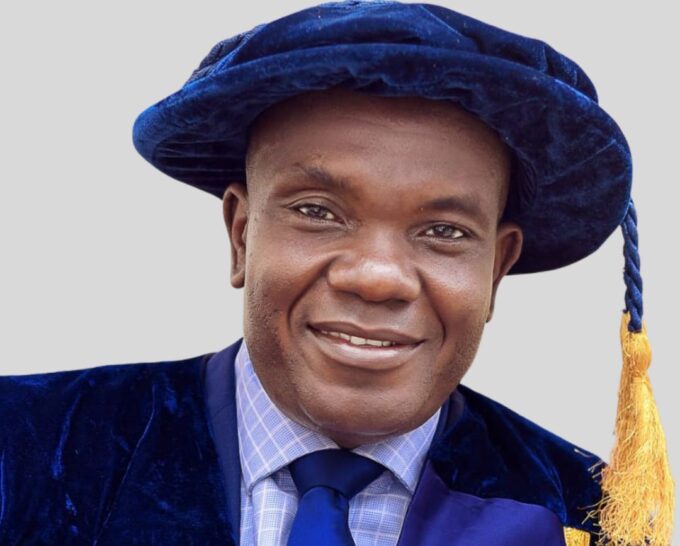In a bid to reduce the huge number of university graduates with similar academic degrees competing for the same jobs, China has announced that it will turn at least half of its public universities into institutions of applied learning or polytechnics. This move aims to produce more technically trained graduates and address unemployment concerns.
Lu Xin, a vice-minister in China’s Ministry of Education, announced the decision at a meeting of college and university leaders. The new applied institutions will focus on training engineers, senior technicians, and other highly skilled workers. “There is an urgent need to reform our current education system, which has been struggling to provide high-quality talents with skills and knowledge that meet demand at the production frontline,” Lu said.
Rapid growth in universities has led to many programs being offered that are not very relevant to the job market, contributing to high unemployment rates among university graduates. Qiang Zha, an associate professor of education at York University in Canada, notes that the switch to more technical and vocational higher education “has a lot to do with the relevance of higher education.
“Despite the government’s efforts to boost science and technology degrees, students have shown little inclination to study these fields. According to a report by the China Youth and Children Research Centre, only around 30% of high school students surveyed said they would be willing to study science, engineering, or medicine at university. Science-related jobs are less attractive for Chinese youth compared to more economically promising positions like managerial roles in enterprises.
This year, a record 7.26 million students will graduate from China’s universities, with unemployment levels running at around 15%. The government fears that high levels of unemployment could lead to instability. In contrast, vocational college graduates have fared better in the job market, with 80% finding jobs compared to around two-thirds of college graduates. Vocational college graduates also had a slightly higher average starting salary compared to graduates from China’s top 100 universities.
Although the list of universities to be converted has not been made public, likely candidates will be universities created during and after the 1990s. Some institutions may be reluctant to convert, and there are concerns about potential downgrading of status. Xiong Bingqi, associate dean of research at the 21st Century Education Research Institute in Beijing, said the overall strategy of turning universities into vocationally oriented institutions was the right approach but the change had to be properly handled. Compulsory restructuring imposed on institutions may not be appropriate, he said. “Many institutions may not be ready for the transition,” Xiong said.
The government has said pilot programs will be launched this year, with 150 universities already signing up for the plan. A new vocational entrance exam has also been introduced, providing students with an alternative pathway to applied learning institutions. Approved by the State Council – China’s cabinet – in February, the vocational gaokao was described as a pilot when it was held for the first time alongside the traditional gaokao on 7-8 June 2014. Previously some 40,000 vocational institutions set their own entrance exams with lower academic requirements than the gaokao but with aptitude tests related to the courses offered. “We want students who are interested in our courses and talented in the field, not those who simply score low in the national exam,” said Lao Hansheng, president of Guangdong Engineering Polytechnic in southern China.
Separating the gaokao into two tracks will pave the way for recruitment for the new dual-track higher education system, academics said. A high-quality vocational gaokao will ensure that students who follow that track are not seen as second-rate compared to their academic peers.
Culled from University World News















Leave a comment